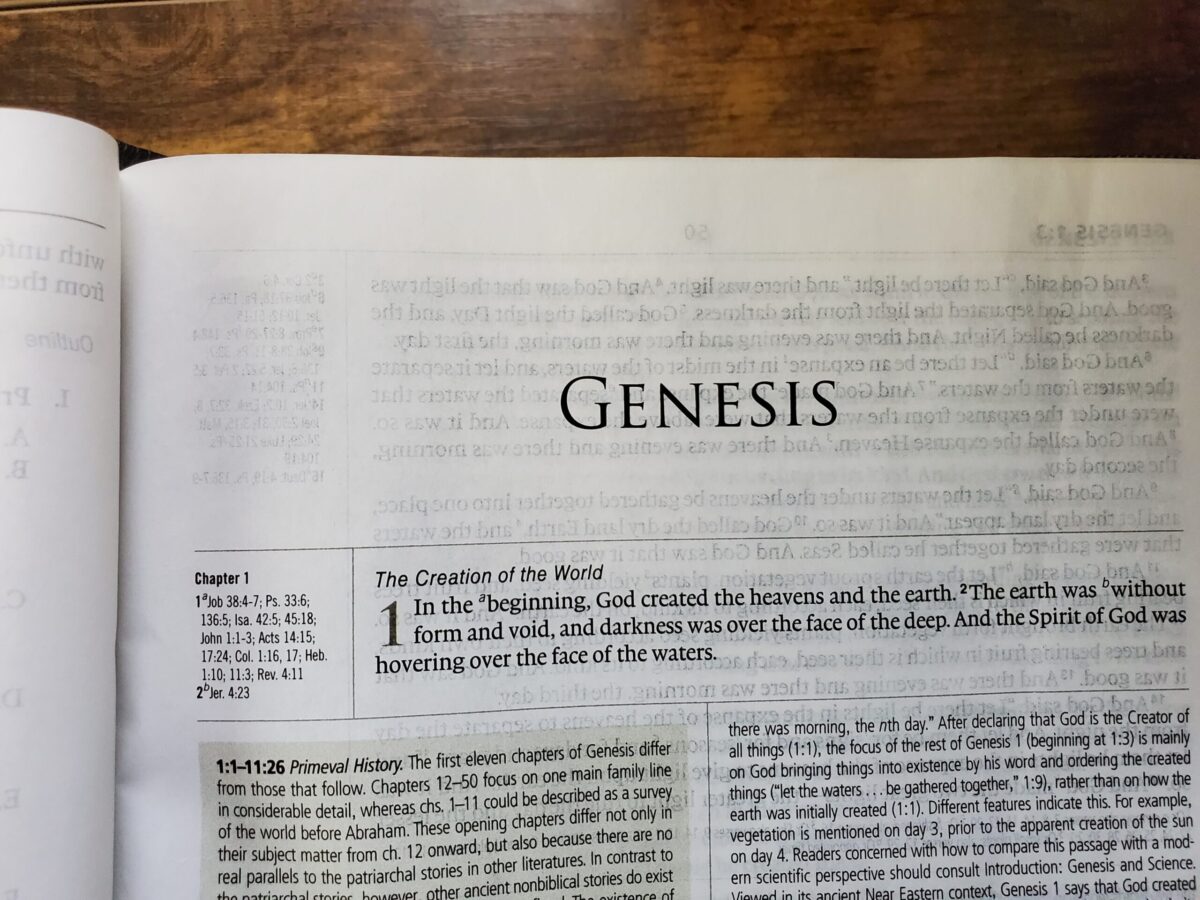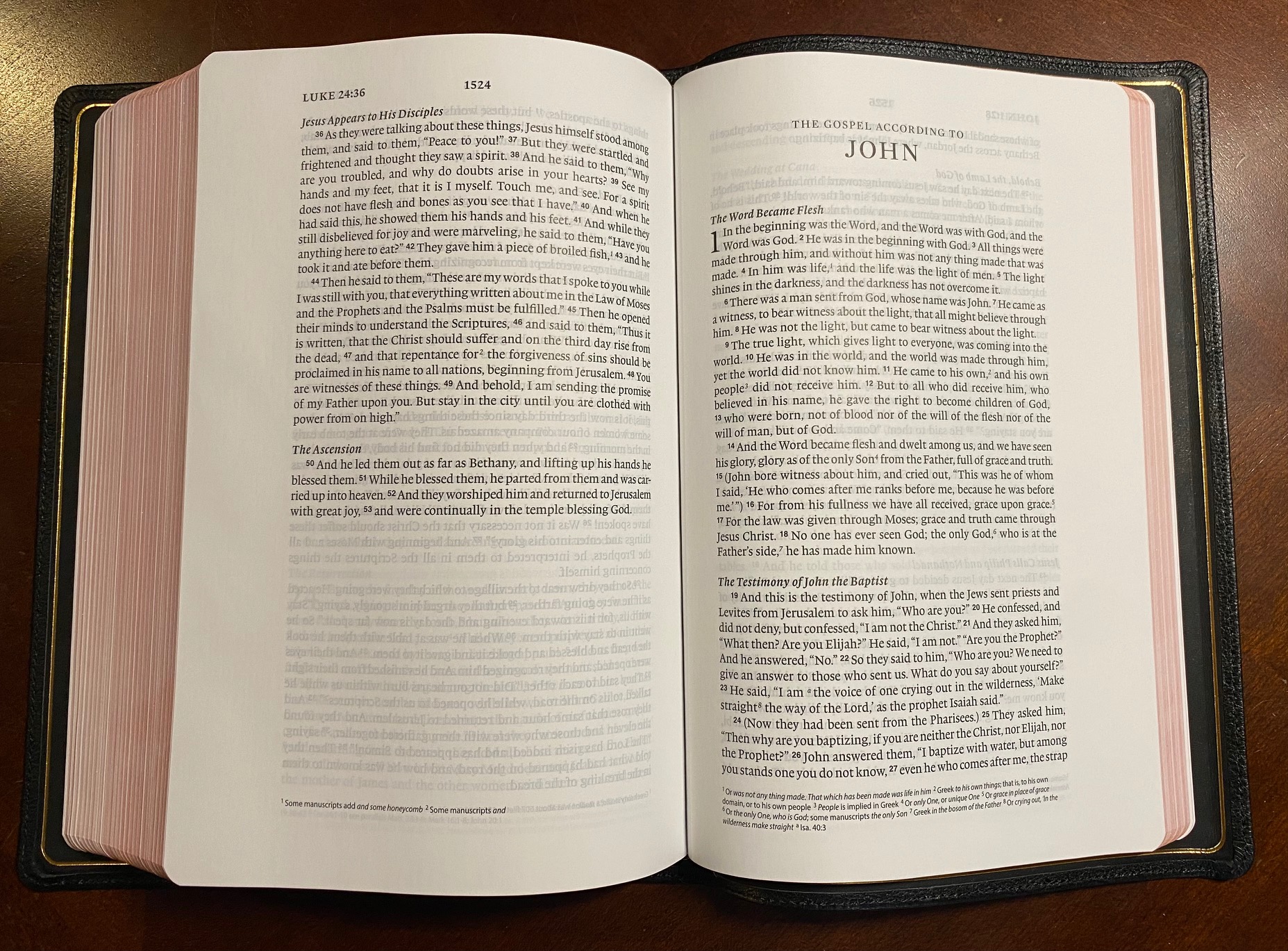This is a guest post by Pastor Nahum O’ Brien
Study to shew thyself approved unto God, a workman that needeth not to be ashamed, rightly dividing the word of truth. – 2 Timothy 2:15
Apparently, there is some confusion as to what it means to rightly divide. Certain hyper-dispensationalists would have you believe that Paul refers here to the dividing up of the Scriptures into various dispensations. That is simply not the case. Whether or not the Scriptures ought to be interpreted with respect to various dispensations is beside the point, for Paul does not speak of that here. Nowhere in the surrounding context of 2 Timothy 2:15 will you find any discussion of dispensations. The context is one of rightly handling the truth, which is to say, to rightly understand the truth so that the truth may be rightly taught to others. This is made all the more obvious a few verses later when Paul notes that Hymenaeus and Philetus have “erred” or “strayed” from the truth. Not only that, but it appears that they have been teaching this error to others. What Paul is directing Timothy to do, then, is to be diligent to not only know the truth, but to teach the truth rightly.

This understanding of 2 Timothy 2:15 has long since been recognized by the church. The term that Paul uses here, translated in the KJV as “rightly dividing” is orthotomeo, which means to cut straight. The idea is one of making a straight path or way. Though this is the only time this exact word appears in the New Testament, the Greek Septuagint (LXX), which is the Greek translation of the Old Testament, uses the same term in its translation of Proverbs 3:6, “In all thy ways acquaint thyself with her, that she may rightly direct thy paths.” The idea is one of cutting a straight path rather than crooked. In the context of truth, the metaphorical meaning is one of presenting the truth in a right or straight way as opposed to wrong or crooked. That is exactly how the translators of the Latin Vulgate understood Paul to mean. The Latin Vulgate reads, “Carefully study to present thyself approved unto God, a workman that needeth not to be ashamed, rightly handling the word of truth.” This same understanding lies behind many English translations that predate the King James Version:
The Wycliffe Bible (1382) – Busily keep [Busily care, or keep,] to give thyself an approved, praiseable workman to God, without shame, rightly treating the word of truth.
The Geneva Bible (1599) – Study to show thyself approved unto God a workman that needeth not to be ashamed, dividing the word of truth aright.
Interestingly, the Geneva Bible adds a study note as to what dividing aright looks like: “By adding nothing to it, neither overslipping anything, neither mangling it, nor renting it in sunder, nor wresting of it: but marking diligently what his hearers are able to hear, and what is fit to edifying.”
The point is that Paul is not here referring to dividing the Scriptures up into different dispensations. To be clear, this does not necessarily mean that dividing the Scriptures up into different dispensations is wrong, just that Paul does not call for that here in 2 Timothy 3:15, but rather a call for rightly handling the word of God. Does that mean that the King James translators were wrong? Not at all. The King James Version is a fine translation when it is properly understood. Consider what the theologians from the 1600-1700s who used the King James said. Matthew Poole (1624-1679) noted, “The sense is, rightly handling the word of God, and giving to all their portion.” John Gill (1697-1771) said, “In short, one that divides the word of truth rightly, is, as the Vulgate Latin version renders it, one that ‘rightly handles;’ or as the Syriac version, that ‘rightly preaches the word of truth.’”
Be wary of those who cannot rightly divide the phrase “rightly divide.”

Praise the Lord this is pastor Sam okiror from Uganda inviting you to consider coming to Uganda for missions, crusade, conference and church planting this region is recovery from two decades civil war that left people in turmoil knowing the power in the gospel of our lord Jesus Christ your coming will make a big contribution in the region.
Thank you
Yours in Christ Jesus
Pastor Sam
Essence of Christ Church lira -Uganda